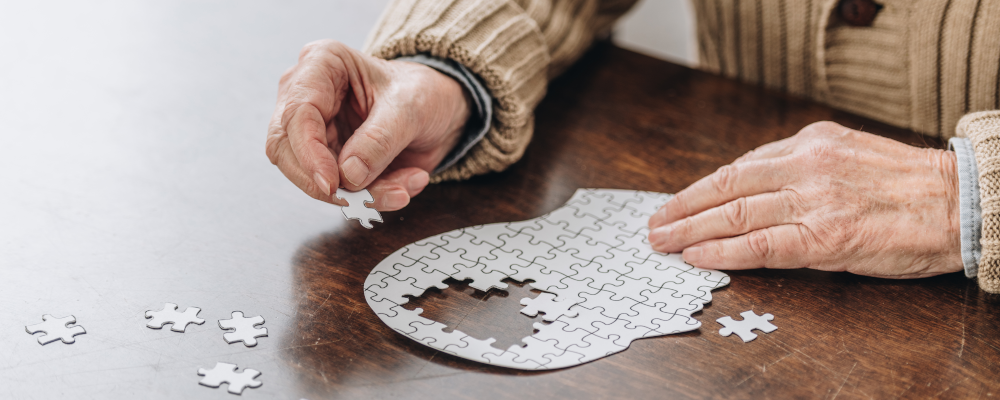Wound care specialist, aromatherapist, palliative care specialist—the range of further training options for geriatric nurses is more than comprehensive. Much of it is useful, some of it is required by law, such as training to become a quality manager in nursing homes.
But for Astrid Ziller, the facility manager of a Munich retirement home run by the Bavarian Red Cross, dealing with dementia is becoming increasingly important.
Further training in dementia
The facility in the Pasing-Westkreuz district is home to 230 people in inpatient care. Ziller estimates that up to 70 percent of them suffer from dementia. The spectrum of the disease is broad: from mild confusion (“The handbag in the cupboard isn’t mine!”) to severe dementia, in which those affected can no longer speak. Ziller: “We have been observing an increase in the number of residents with dementia for years.” In view of this development, the facility manager is placing greater emphasis on further training. 27 of the 180 employees are trainees. In addition, six people have completed training as geriatric psychiatric specialists.

„Dementia is very often the reason for moving into a nursing home,” says the trained geriatric nurse, who has been working in nursing for almost 40 years. That is why Ziller ensures that, in addition to the gerontology specialists, who have completed a two-year training course costing up to 5,000 euros, all other employees also refine their communication skills with patients. She is certain: “Anyone can learn ‘Dementia-Speak’!” The main aim here is not to point out deficits, but to sharpen observation skills. “We take care to create a protective shell around the sick people,” is how Ziller describes it.
Further training as a palliative care specialist
The Munich facility manager also sees palliative care as an important area of further training that contributes to improving the quality of work. “Even two-day training courses help to better understand the issue of pain.” This is because pain can become chronic, especially in older people, and rob them of their quality of life. This also includes non-medicinal measures that can be offered and tailored to the individual. “This can range from rest and warmth to encouragement to move,” says Ziller. But the expert also believes that a cup of coffee and a friendly chat are part of the treatment.
In dementia patients, the situation is exacerbated by the fact that they are often unable to say exactly what is hurting them. Instead, they become restless or aggressive and sometimes refuse care. Recognizing this and responding appropriately is an important component of further training for nursing staff.
Specially trained conversation companions with additional palliative care qualifications (GVP consultants) talk to residents in the final stages of their lives. They clarify, for example, whether a feeding tube should be inserted or whether a transfer to hospital is desired. The basic course for this further training comprises 160 hours. Ziller considers it to be extremely valuable.
1x per month for further training
Nevertheless, the well-being of employees should also be a focus of further training in nursing care. Kinesthetic courses are therefore held annually at Kieferngarten. In groups of up to 14 people, the focus is on weight shifting when mobilizing residents, particularly for newcomers to the profession. “The aim is to make movement sequences as effortless and simple as possible,” explains Ziller, who also offers weekly internal training courses entitled “Expert Status.”
The one-and-a-half-hour training courses are designed to provide continuous further training for skilled workers and refresh existing knowledge. Topics include hygiene, data protection, dementia, nutrition, fall prevention, and skin care. “Every employee should attend a training session once a month,” says Ziller, who otherwise considers two days per person per year to be sufficient for meaningful training. Part of this occupational health management program is also empowering professionals to take care of themselves in order to develop strategies for dealing with mental stress.

